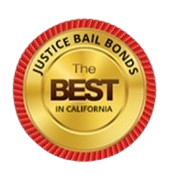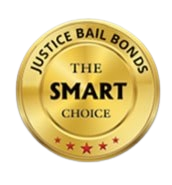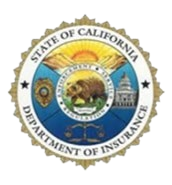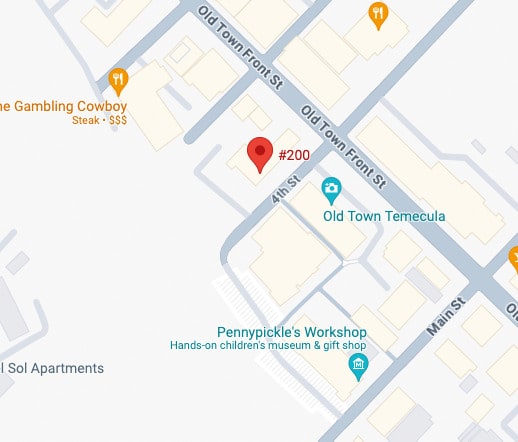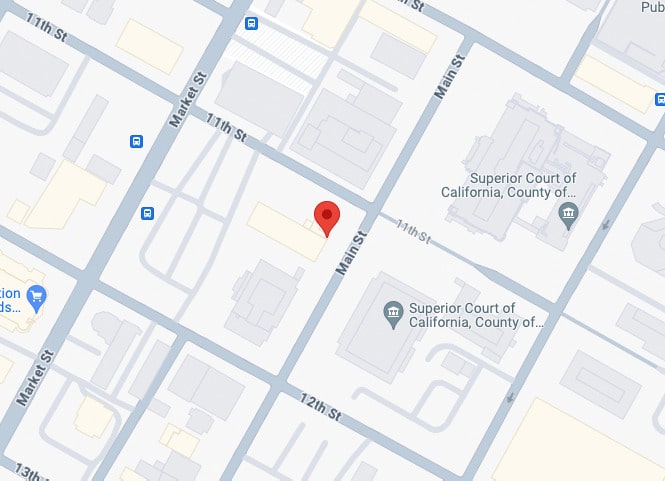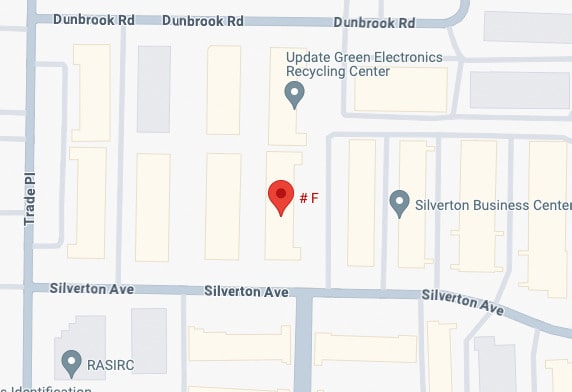This news was first reported in The Sacramento Bee.
Are you in the bail industry? If so, then you’re likely already familiar with the California Supreme Court’s recent ruling. For those of you new to bail bonds services. Bail bonds are not cash bail. Bail bonds are a type of insurance policy regulated by the California Department of Insurance. The bond companies post the full amount of the bail and charge an non-refundable fee called a bail premium. The bond company is then responsible for the paying the full bail amount if the arrestee misses court.
On Thursday, March 26, 2021, the California Supreme Court officially ruled that defendants in the State of California cannot be detained in jail while awaiting trial merely because they cannot afford bail. This does not mean they will simply go free, rather it means that defendants will likely have additional court dates, delays and hearings to determine how and where to set bail. The increase in court hearings will delay the courts even more since the CCP virus related shut downs.
It is important to note that this ruling doesn’t simply outright ban cash bail but requires judges to consider myriad factors of each defendant, including his or her criminal history and the seriousness of the charges. The judge will then use these factors to set bail at an amount for the defendant. This will only apply to those in custody and not those who bail out of jail before their arraignment.
Regarding the issue, Justice Mariano-Florentino Cuéllar commented: “The common practice of conditioning freedom solely on whether an arrestee can afford bail is unconstitutional.”
It is still possible for a court to detain an arrestee on money bail, but “only if it first finds, by clear and convincing evidence, that no nonfinancial condition of release can reasonably protect” against certain concerns, including public safety and/or flight risk.
Back in November, voters rejected an end to cash bail; Proposition 25 was rejected by a 10-point margin. And while this latest ruling was praised by State Senator Bob Hertzberg, who opposes cash bail and actually authored the bill that eventually turned into Proposition 25, he also believes the bail system still needs more reform. He went on to explain that the main argument against Proposition 25 was the use of an unfair algorithm to determine whether or not an arrestee should be held in jail or released. This latest ruling is taking a different approach.
Additionally, there is a majority of people who don’t make their scheduled court appearance because of a family issue (i.e. sick kid) or simply forgetting the date. Hertzberg noted that with the California Supreme Court’s ruling, there are easy, affordable ways to make sure that people actually show up to court when they’re expected to be there.
This California Supreme Court ruling upholds an appellate court ruling from 2017 when Kenneth Humphrey sought release with no money bail due to his age, financial status, and the fact that he was unemployed. Even so, a San Francisco trial court ordered Humphrey’s bail be set at $600,000; he later petitioned to an appeal court.
Regarding this particular case, Cuéllar stated: “Requiring money bail as a condition of release at an amount the accused cannot pay is nothing less than the functional equivalent of a pretrial detention order—which can be justified only if the state establishes a compelling interest in detaining the accused and demonstrates that detention is necessary.”
In Humphrey’s case, the Superior Court conducted a new bail hearing and ordered Humphrey released pending trial, with no monetary bail but with an ankle monitor.
What are your thoughts or opinions on California Supreme Court’s recent ruling?





